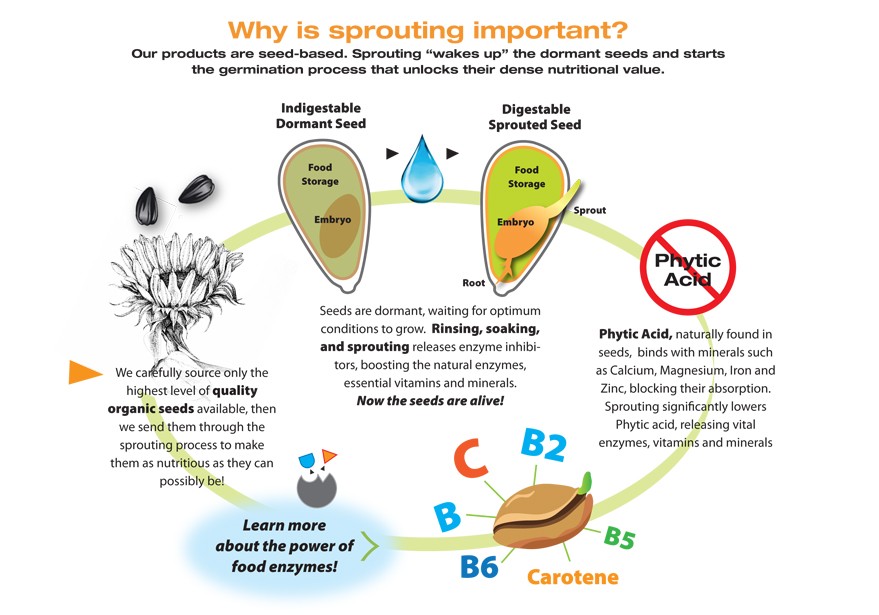Overnight oats have gained popularity as a convenient and healthy breakfast option. However, soaking oats in cold liquid overnight may not be the best way to maximize their nutritional value. This article explores why overnight oats can be detrimental to health and discusses the proper way to prepare oats for optimal nutrient absorption.
The Problem with Phytic Acid
Oats, like other grains, contain phytic acid, a compound that binds to minerals like calcium, magnesium, iron, zinc, and copper, preventing their absorption in the gut. Consuming high levels of phytic acid can lead to mineral deficiencies over time, potentially contributing to health issues like leaky gut, irritable bowel syndrome, and weakened bones. Soaking oats in cold water doesn’t significantly reduce phytic acid levels.
Why Cold Soaking Isn’t Enough
While soaking oats in any liquid can soften them, cold temperatures don’t activate the enzymes needed to break down phytic acid effectively. Refrigeration further inhibits this process. The result is that overnight oats prepared in the refrigerator retain a high phytic acid content, hindering mineral absorption. This negates many of the touted health benefits of oats.
The Traditional Approach: Warm Soaking and Fermentation
Our ancestors understood the importance of properly preparing grains. Traditional methods involved soaking grains in warm water with an acidic medium, like whey, yogurt, or lemon juice, to initiate fermentation. This process neutralizes phytic acid and enhances nutrient bioavailability.
How to Prepare Oats the Right Way
To maximize the nutritional benefits of oats, follow these steps:
Warm Soaking:
- Use warm, filtered water for soaking.
- Add an acidic starter like whey, kefir, yogurt, or lemon juice.
- Soak for at least 7-24 hours at room temperature or warmer.
Cooking:
- Cook soaked oats for 5-10 minutes to further reduce phytic acid and enhance digestibility.
Optimize Nutrition:
- Choose organic oats to avoid pesticide exposure.
- Incorporate healthy fats like butter, coconut oil, or nuts to aid in the absorption of fat-soluble vitamins.
- Consider using probiotic-rich liquids like whey or kefir for soaking to further enhance nutrient breakdown and gut health.
Conclusion: Rethinking Overnight Oats
While convenient, cold-soaked overnight oats can be detrimental to health due to their high phytic acid content. By adopting traditional preparation methods of warm soaking and fermentation, we can unlock the true nutritional potential of oats and enjoy a truly healthy and nourishing breakfast. Don’t let the convenience of overnight oats compromise your health. Choose the method that maximizes nutrient absorption and supports your well-being.
